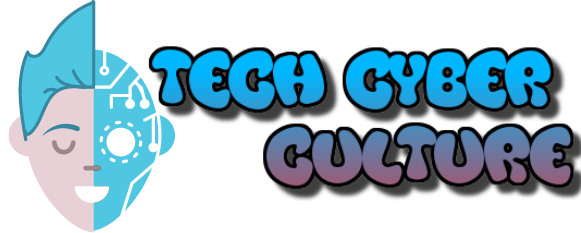What are the top 10 advancements in the field of biomedicine and its applications in regenerative medicine and gene therapies?
1. CRISPR gene-editing technology: CRISPR-Cas9 has revolutionized gene editing by allowing precise modification of specific genes, with potential applications in treating genetic diseases and developing personalized therapies.
2. Induced pluripotent stem cells (iPSCs): iPSCs are adult cells reprogrammed to an embryonic-like state, capable of differentiating into any cell type. They offer potential for regenerative medicine by replacing damaged or diseased tissues.
3. CAR-T cell therapy: Chimeric antigen receptor (CAR) T-cell therapy involves engineering a patient’s own immune cells to specifically target cancer cells. It has shown remarkable success in treating certain types of leukemia and lymphoma.
4. 3D bioprinting: This technology enables the printing of complex 3D structures using living cells. It has the potential to create tissues and organs for transplantation, reducing the need for donors and the risk of rejection.
5. Gene therapy for inherited diseases: Advances in gene delivery systems have facilitated the development of gene therapies for inherited diseases like spinal muscular atrophy and inherited retinal disorders, providing hope for previously incurable conditions.
6. Organ-on-a-chip technology: These microscale devices mimic the structure and function of organs, allowing researchers to study disease mechanisms and test potential therapeutics more accurately and efficiently than traditional cell cultures.
7. Immunotherapy: Immunotherapy harnesses the body’s immune system to fight diseases like cancer. Approaches such as immune checkpoint inhibitors and therapeutic vaccines have shown promising outcomes in enhancing immune responses against cancer cells.
8. Stem cell-based therapies: Stem cells have the ability to differentiate into various cell types, making them attractive for regenerative medicine. They have shown potential in treating conditions like Parkinson’s disease, spinal cord injuries, and heart disease.
9. Tissue engineering: This field focuses on growing functional tissues and organs using scaffolds and cells. Advancements in biomaterials and tissue engineering techniques are paving the way for regenerative medicine approaches to treat damaged or lost tissues.
10. Artificial intelligence (AI) in healthcare: AI has the potential to revolutionize diagnostics, patient monitoring, and drug discovery in biomedicine. It can analyze large amounts of data, identify patterns, and make predictions, aiding personalized medicine and enhancing treatment outcomes.






